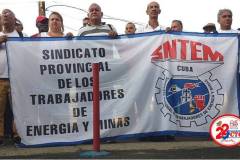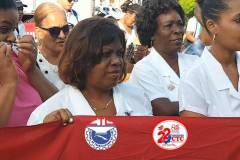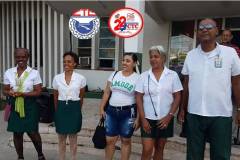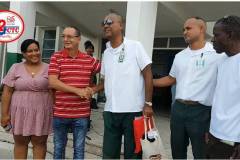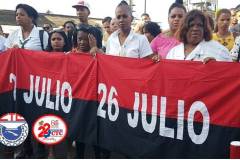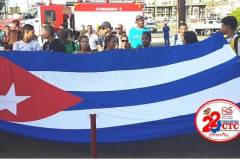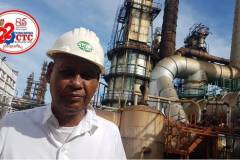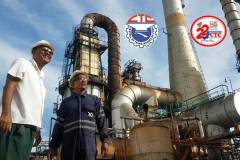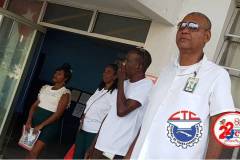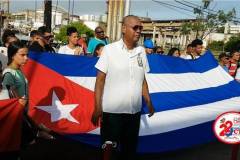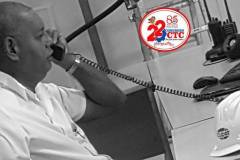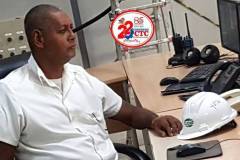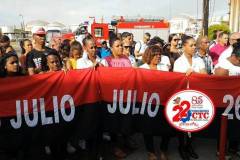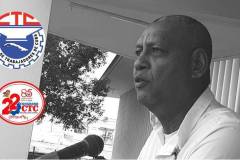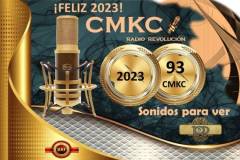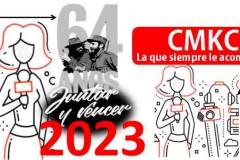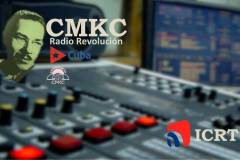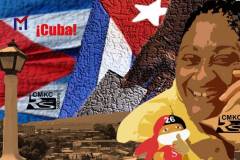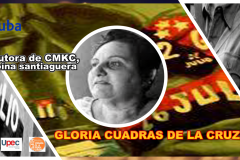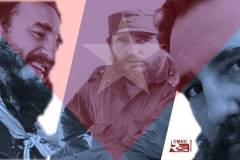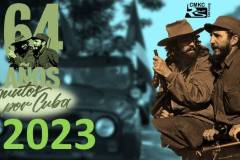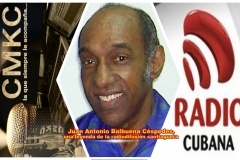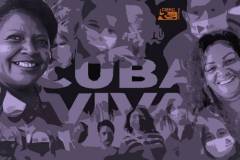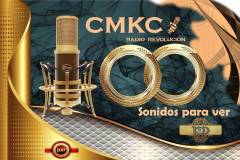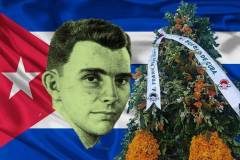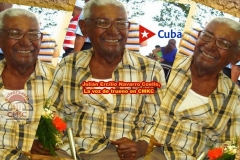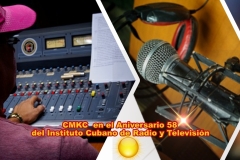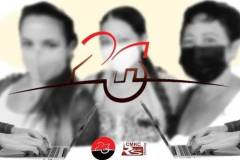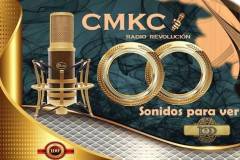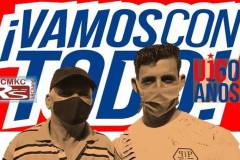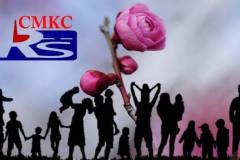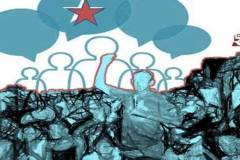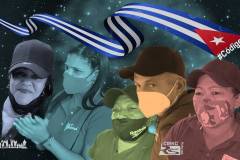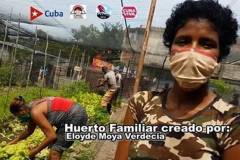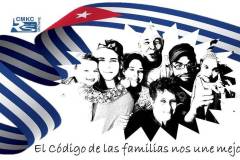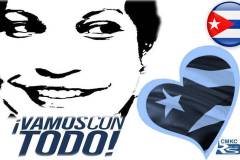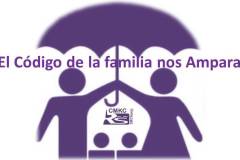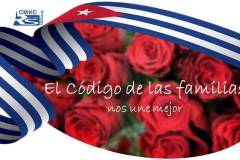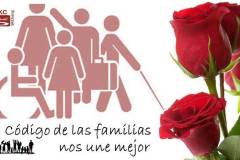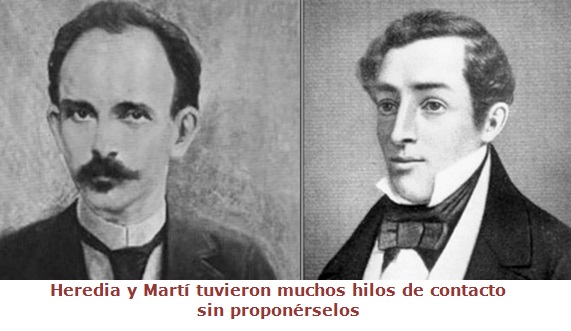

By: Santiago Romero
It was a hard road for both heroes that reached our days and will prevail beyond their ill-fated, volcanic and terrible May, both for them in their time, as well as for their friends in their time and in the context of a contemporaneity that vindicates the living verse as the sword and the shrapnel.
And it is that Jose Maria Heredia and Jose Marti had many unintentional threads of contact. The first from the eastern region, a Santiago de Cuba son par excellence, from «where the palm trees are higher in Cuba Heredia was born».Poet of Niagara, representative of the pre-romantic school, owner of the rebellious and elegant verse. The second one became the National Hero of Cuba, from Havana, but in eternal rest in Santiago de Cuba, his definitive dwelling, which he called «the indefatigable Santiago».
Heredia died on May 7, 1839 when he collapsed from tuberculosis, in the Mexican capital, at an age as young as 35 years, overwhelmed by the impact of the famous letter to Miguel Tacon, who granted permission to the poet to return to his Cuba to barely see his mother.
The impact was terrible for Heredia because it provoked quite a few comments, mainly, among friends, such as the famous Domingo del Monte. Can you imagine, asking the Captain General for permission to return from exile, at the cost of retracting the revolutionary position? That was the catalyst for the comments.
«From this regret of useless greatness, of unoccupied passion and vile life, the poet who no longer found on earth any other consolation than the loyalty of a constant friend, died, laboriously spinning his last verses». I comment that it is still very interesting Marti’s approach in his epic speech, because it is known of the consensus of the audience, he does not seek to convince who Heredia was, much less, when referring to that stormy situation, when in silence and from the distant Mexico City, our poet and Poet of Niagara entered eternity.
In his prose itself, resonant and free,» says Marti of Heredia, «is continuous that flight of broad wings, and movement at the same time rhythmic and unrestrained.
Marti’s memories about Heredia are evident when he says: «He heard say of Bolívar, that he began to cry when he entered triumphant in Caracas, and saw that women came out to welcome him dressed in white, with wreaths of flowers».
It means that Marti made clear his praise to Heredia, attached to what Cuban is, and he demonstrated it in his speech in New York in 1889, with all the classic rhetoric in the style of Cicero: exordium, narration, argumentation and peroration. And that is what has been said about the excellence of Marti’s oratory at Hardman Hall on November 30.
Let’s conclude with Marti’s exordium, the illogical of the logical, but it sustains the image of the romantic poet Jose Maria Heredia, according to Jose Marti: «divine Cuban», «unfading genius», «unhappy hero», «genius of noble Republic» «with the thunder in his right hand, the torrent at his feet, shaken by the primitive winds of creation, his face still bathed in the tears of Cuba», giving Heredia a heroic aura.
And «the knees of all the men who bend them weigh heavily on the heart of the honored genius».

Jose Maria Heredia, A Man in Full
By: Santiago Romero. / It was a hard road for both heroes that reached our days and will prevail beyond their ill-fated, volcanic and terrible May, both for them in their time, as well as for their friends in their time and in the context of a contemporaneity that vindicates the living verse as the sword and the shrapnel.

